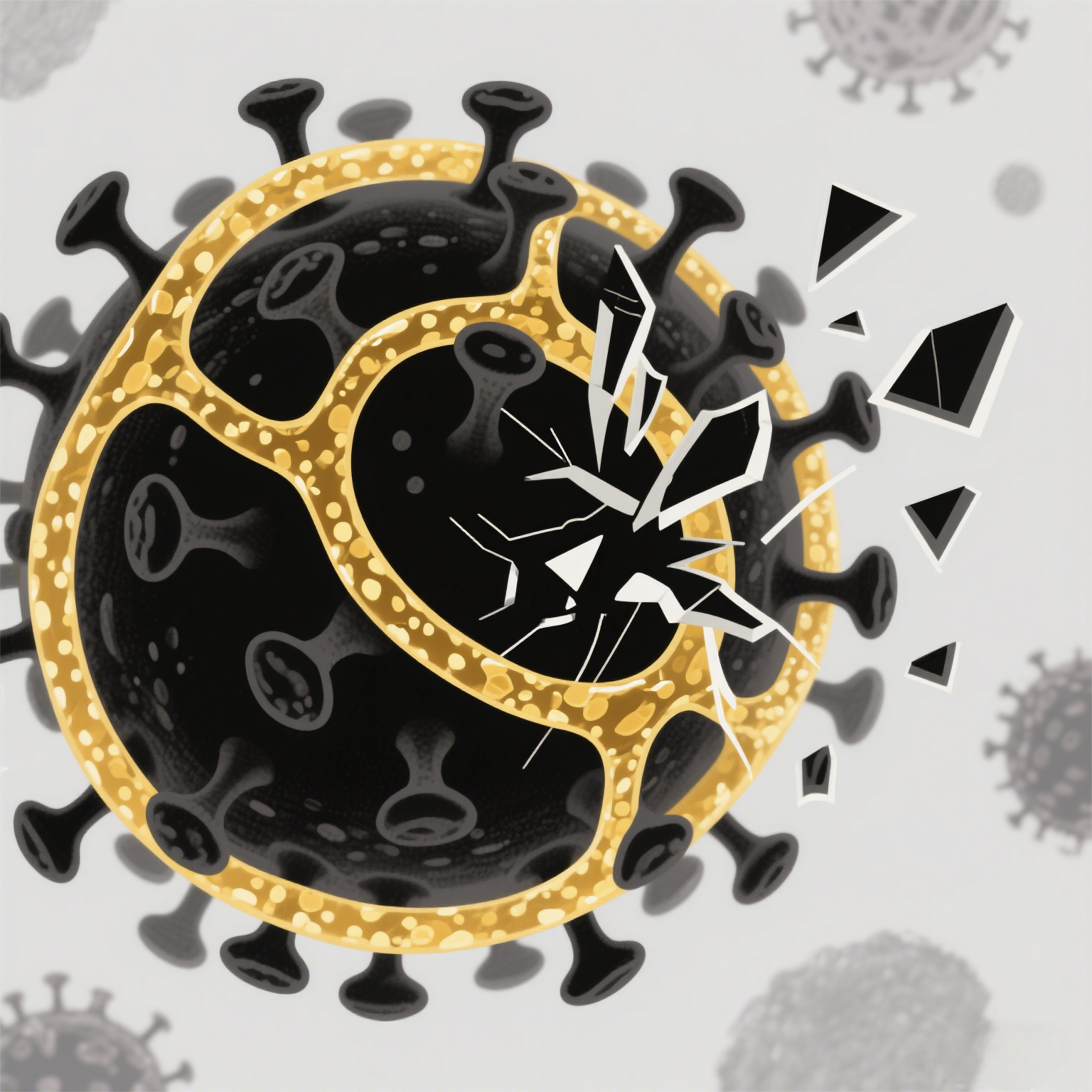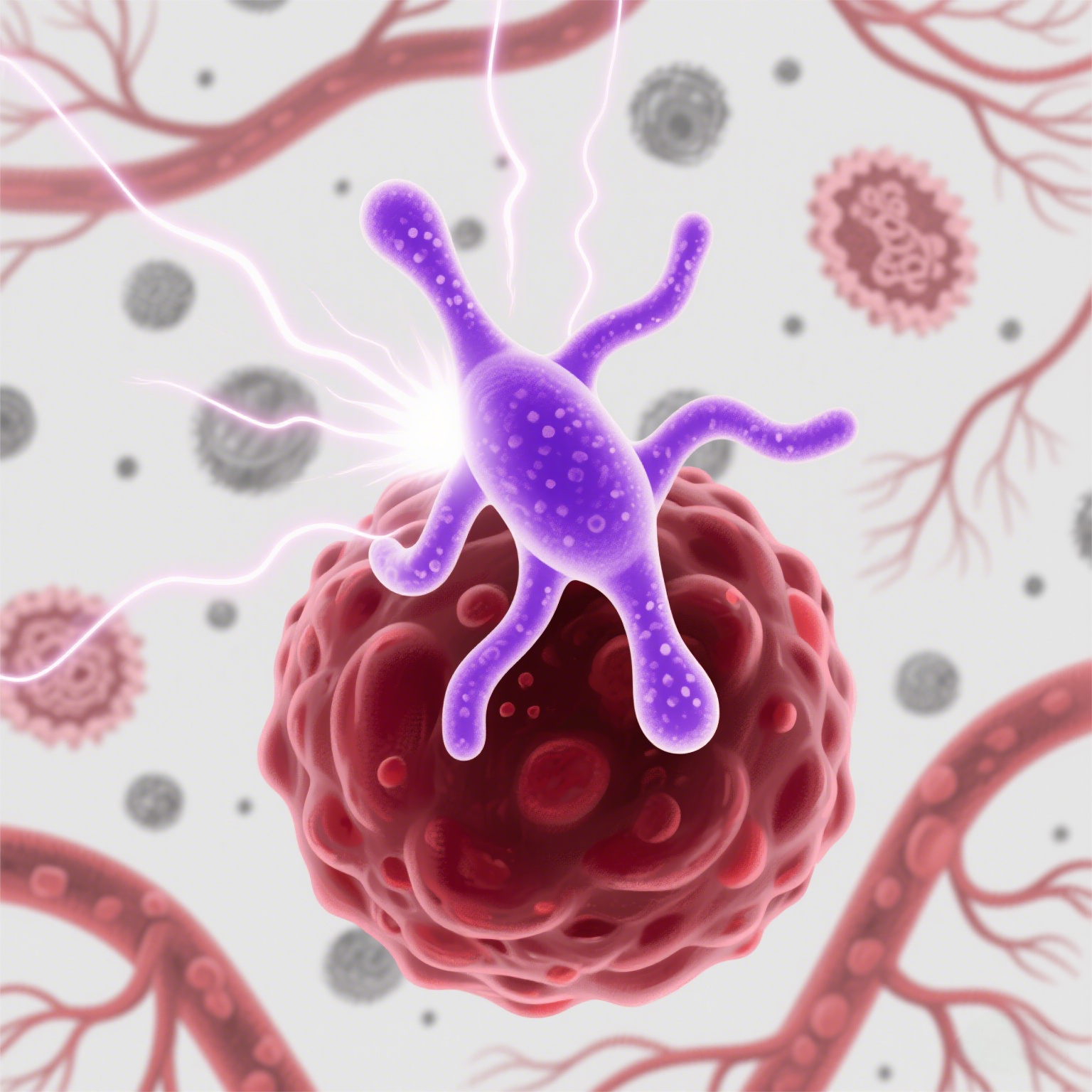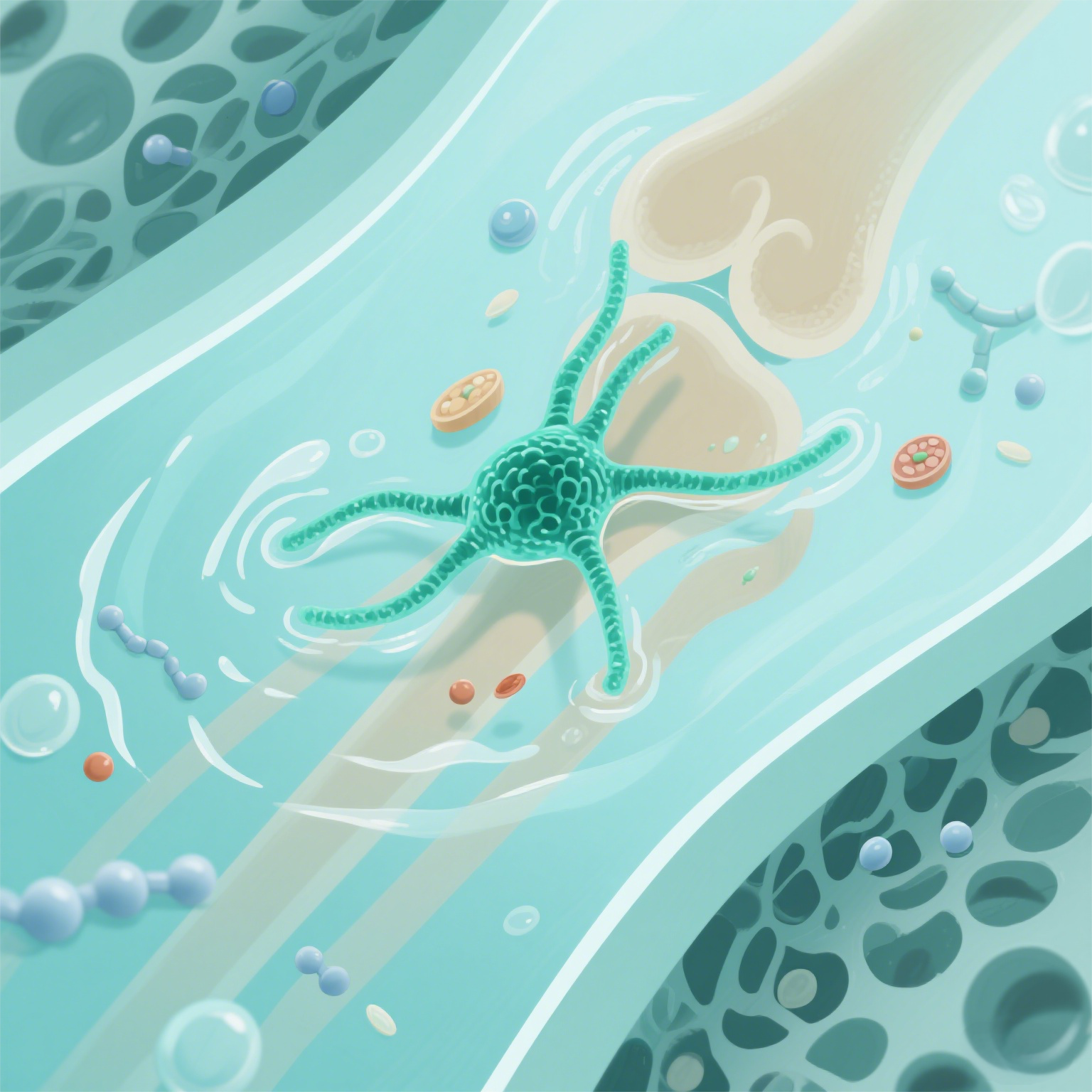
The InVivoPro Anti-Mouse PD-L1 (B7-H1, CD274) in vivo antibody, Clone 10F.9G2 is a cutting-edge tool for preclinical cancer immunotherapy research, designed to block the PD-1/PD-L1 immune checkpoint pathway with high specificity and efficacy. Developed by BioXCell, this monoclonal antibody targets murine PD-L1 (CD274), a cell surface ligand that mediates immune evasion in tumors by binding to PD-1 on T cells .
Key Features and Mechanism of Action
Clone 10F.9G2 is derived from a rat IgG2b clone, produced in animal-free facilities, and undergoes rigorous quality control to ensure ultra-low endotoxin levels (<2 EU/mg) and high purity (>95%) . It specifically binds to the extracellular domain of mouse PD-L1, preventing its interaction with PD-1 and B7-1 (CD80), thereby restoring T-cell proliferation, cytokine production (e.g., IFN-γ, TNF-α), and cytotoxic activity against tumor cells . In murine models of melanoma and colon cancer, 10F.9G2 has demonstrated robust reversal of immune suppression, leading to significant tumor regression and prolonged survival .
Applications in Preclinical Research
1. Tumor Immunotherapy
- Monotherapy: 10F.9G2 monotherapy effectively inhibits tumor growth in murine models of colon cancer (CT26), breast cancer (4T1), and melanoma (B16-F10), with tumor growth inhibition rates exceeding 70% in some studies .
- Combination Therapies:
- Immunotherapeutic Synergy: When combined with IDO inhibitors or CDK4/6 inhibitors, 10F.9G2 enhances T-cell infiltration and tumor control .
- Oncolytic Viruses: In a B16EGFRVIII melanoma model, 10F.9G2 synergized with oncolytic viruses to overcome immune resistance, highlighting its potential in combinatorial strategies .
- Radiotherapy: A recent study showed that 10F.9G2 combined with 2-(18F)FDG, a clinical PET tracer, upregulated PD-L1 expression in tumors, enhancing antibody uptake and antitumor efficacy .
2. Autoimmune Disease Models
While PD-L1’s role in autoimmunity is less explored, 10F.9G2 has been used to study PD-L1-mediated immune tolerance in models of experimental colitis and graft-versus-host disease (GVHD). In GVHD models, 10F.9G2 reduced T-cell activation and inflammation by blocking PD-L1 interactions with PD-1 .
3. Transplantation Research
In murine transplant models, 10F.9G2 prevents allograft rejection by modulating T-cell responses, offering insights into immune tolerance mechanisms .
Experimental Validation and Pharmacokinetics
10F.9G2’s binding specificity and functional activity are validated by flow cytometry, ELISA, and immunohistochemistry, showing strong reactivity to PD-L1-expressing murine T cells and tumor cells . Pharmacokinetic studies in BALB/c mice reveal a linear dose-response profile, with a half-life of ~6–8 days following intraperitoneal administration . A typical dosing regimen involves 2.5–5 mg/kg intraperitoneally twice weekly, depending on the tumor model .
Advantages Over Competitors
- High Specificity: 10F.9G2 selectively targets murine PD-L1 without cross-reactivity to human PD-L1, making it ideal for preclinical studies .
- Low Immunogenicity: Engineered for in vivo use, 10F.9G2 minimizes host immune responses in mice, ensuring reliable and reproducible results .
- Scalability: Available in bulk quantities (up to 100 mg), 10F.9G2 offers cost-effective solutions for large-scale studies .
Recommended Experimental Design
- Flow Cytometry: Use 10F.9G2 to stain PD-L1+ tumor cells and assess T-cell activation markers (e.g., CD69, CD25) in tumor-infiltrating lymphocytes (TILs) .
- Tumor Growth Curves: Monitor tumor volume in treated vs. control mice to quantify 10F.9G2’s efficacy. In CT26 colon cancer models, 5 mg/kg 10F.9G2 administered twice weekly reduced tumor volume by 60% compared to isotype controls .
- Immunohistochemistry: Detect PD-L1 expression in tumor sections to correlate treatment response with biomarker status .
Conclusion
The InVivoPro Anti-Mouse PD-L1 (B7-H1, CD274) antibody, Clone 10F.9G2 is a versatile and validated tool for preclinical research, supporting advancements in cancer immunotherapy, autoimmune disease modeling, and transplantation studies. Its high specificity, low endotoxin levels, and proven efficacy in combination therapies position it as a gold standard for PD-L1 pathway blockade in murine models.
Figure 1: Mechanism of Action of 10F.9G2
Caption: 10F.9G2 blocks PD-L1/PD-1 interactions, 解除 T-cell inhibition, and restores antitumor immunity. (A) In untreated tumors, PD-L1 on cancer cells binds PD-1 on T cells, suppressing T-cell activation. (B) 10F.9G2 binding to PD-L1 prevents ligand interaction, enabling T-cell proliferation and cytokine secretion.
Figure 2: Efficacy of 10F.9G2 in a Murine Colon Cancer Model
Caption: Treatment with 10F.9G2 (5 mg/kg, IP twice weekly) significantly reduces tumor volume compared to isotype control in CT26 colon cancer mice. Data adapted from .
Figure 3: Flow Cytometry Validation of 10F.9G2 Binding
Caption: 10F.9G2 (solid line) specifically stains PD-L1+ tumor cells from mouse splenocytes, while isotype control (dashed line) shows minimal background. Data adapted from .
References
- BioXCell. InVivoMAb Anti-Mouse PD-L1 (B7-H1) Antibody, Clone 10F.9G2 [Product Datasheet]. 2025.
- Grasselly, C. et al. Combination of PD-L1 blockade with chemotherapy in murine cancer models. Front. Immunol. 2018.
- 普健生物. InVivoPlus Anti-PD-L1 Antibody (10F.9G2) in CT26 Model [Technical Report]. 2025.
- Lussier, A. et al. PD-L1 blockade enhances T-cell function in metastatic osteosarcoma. Cancer Immunol. Res. 2019.
- Syd Labs. Recombinant Anti-Mouse PD-L1 Antibody (Clone 10F.9G2.1) [Product Datasheet]. 2025.



